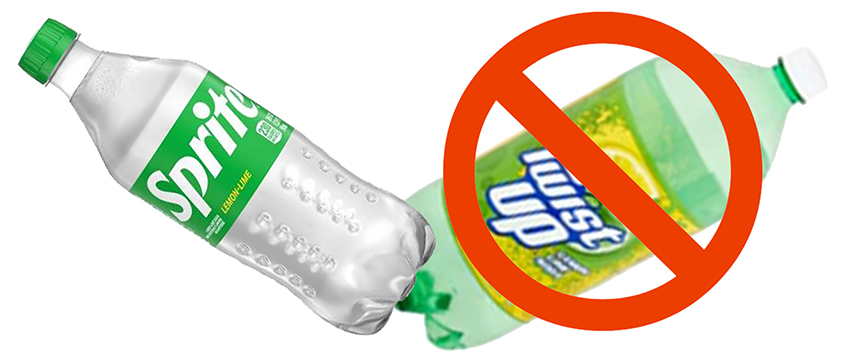By David Peel
Share these tips to alert others.
You receive a cashier’s check or money order for more than you’d expect. The cashier’s check may look very official. Or it may even be a business check. They tell you to deposit it and then send them back some money. Most people assume that when the check initially goes into their account and shows as a deposit, it has “cleared“. Scammers know that’s not true.

After your bank cashes a check or money order, it generally has up to two weeks to reverse the transaction. If the check or money order ultimately ends up being counterfeit, your financial institution will probably hold you responsible for any portion of the funds that were used or sent back to the scam artist. For example:
“Jim Bob answered an ad that said he would be paid $1,400.00 a year if he put sponsorship stickers on his car and they sent him a “business check” that was a real business, for $1,950.00 and told him to wire the $550 extra to the agency. He could keep the $1,400.00! What a deal! Once he wired the overage to the agency and spent the rest of his money, everything came back to him as being a counterfeit check. Of course, he could not reach these people anymore.
Here are some commons going around right now:
Sally Sue received a call from a man who claimed to be calling from the IRS about supposed unpaid taxes.
Hunter took a call from a man who claimed to be calling from the Social Security Administration about a problem with his account.
Canyon received a call from a man who claimed to be calling from the sheriff’s department about missing jury duty. A warrant was being issued, but if he paid up quickly, he would not be arrested.
Declan got an email that he won a Canadian lottery. He is required to send money upfront for “taxes and import fees” in order to receive the prize.
Karen received a text message that appeared to come from her bank. It said she should call a toll-free number due to unauthorized activity.
“Gladys” received an email from a man she thought was her grandson, “Austin.” He said that he was in trouble and needed money fast. Austin claimed that he was embarrassed about the situation and pleaded with her not to tell anyone about the matter, especially his parents.
Scam artists may say that there is a limited time to act in order to get people to pay money before they have time to think the situation through:
In all these situations, remember the following tips:
Don’t be afraid to say “no.” Hang up. If something doesn’t seem right, tell the person you’re not interested. Don’t be afraid to hang up the phone, or to not respond to future calls, text messages or emails from the person. Hanging up isn’t bad manners if you think you’re being scammed.
Ask a friend, family member, or neighbor for their opinion. Scam artists don’t have your best interests in mind. Asking a trusted friend, family member or neighbor about the situation may help you spot the scam and save you from being victimized.
Don’t be rushed. If you are pressured to act quickly, take time to think things through. If an offer is good today, it will usually be available tomorrow.
When in doubt, don’t give it out. If you question who is contacting you, don’t give them any private information. Scam artists can use personal and financial information to steal your identity, drain your bank accounts, and open lines of credit in your name. If in doubt, don’t give your information out.
Research the offer. A simple internet search can sometimes yield a lot of information, including consumer reviews, complaints, and other postings. You can also check with the Attorney General’s Office to find out more about emerging scams.
Peel seeks justice for those injured in tractor trailer and car accidents, medical malpractice, and disability. He often addresses churches, clubs and groups without charge. Peel may be reached through PeelLawFirm.com wherein other articles may be accessed.






